What Makes An Event Successful?
A successful event is all about the details and the seamless execution of every element, big and small. Whether it's a birthday, wedding, corporate function, or a grand expo, several key components contribute to making it a hit. Here's a comprehensive guide to what is required for a successful event.

1. Clear Purpose & Vision
Why is the event happening? Whether it's a celebration, a networking opportunity, or a business launch, having a clear understanding of the event’s purpose is crucial for aligning every decision.
Define the goals: Are you aiming for fun, networking, product promotion, or team building? Knowing your goals helps you stay on track.
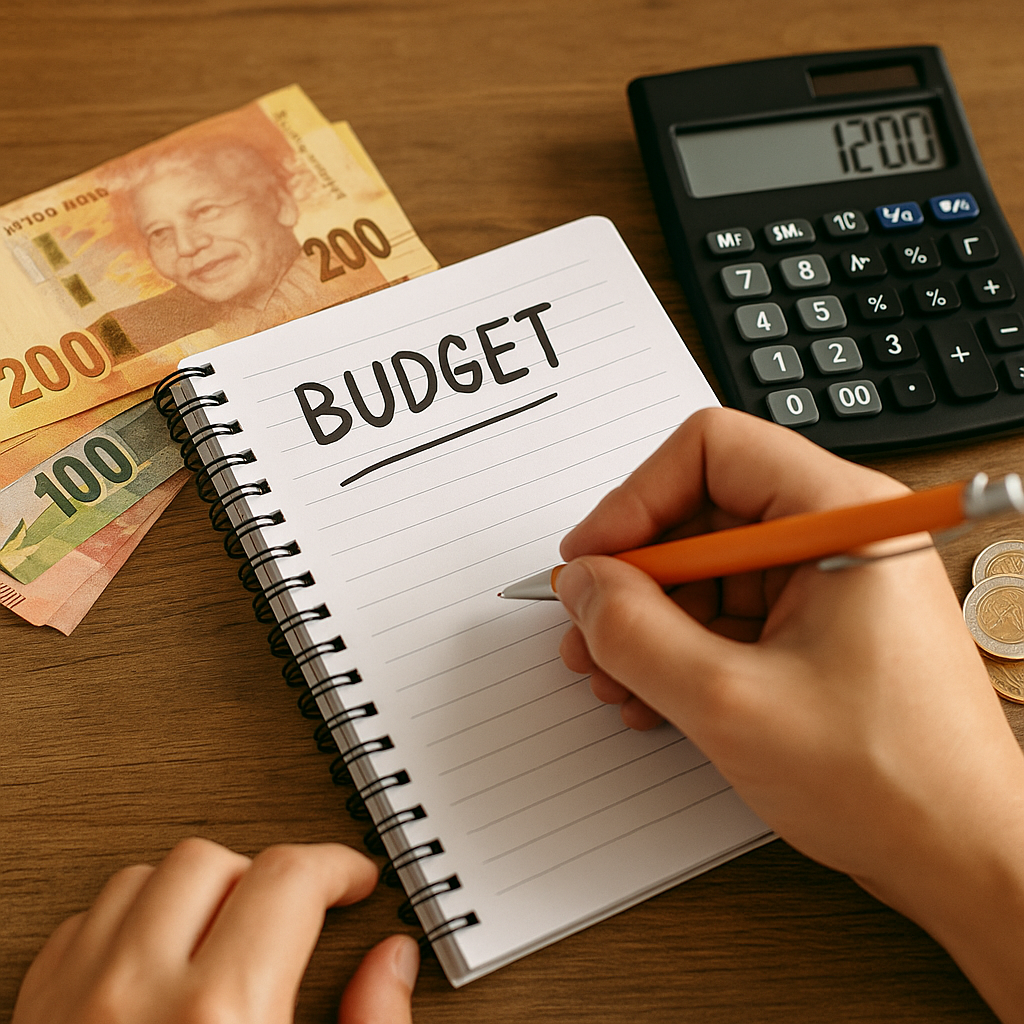
2. Budgeting & Financial Planning
Set a realistic budget: Identify how much you’re willing to spend and allocate funds for different aspects like venue, catering, entertainment, and décor.
Keep contingency funds: Unexpected expenses pop up, so it's wise to have a reserve fund for emergencies.

3. Selecting a Date & Venue
Choose the right date: Ensure the date works for your target audience and avoid scheduling conflicts with other major events or holidays.
Venue selection: Find a location that fits your event’s size, theme, and ambiance. Think about the accessibility, parking, and facilities that are available.
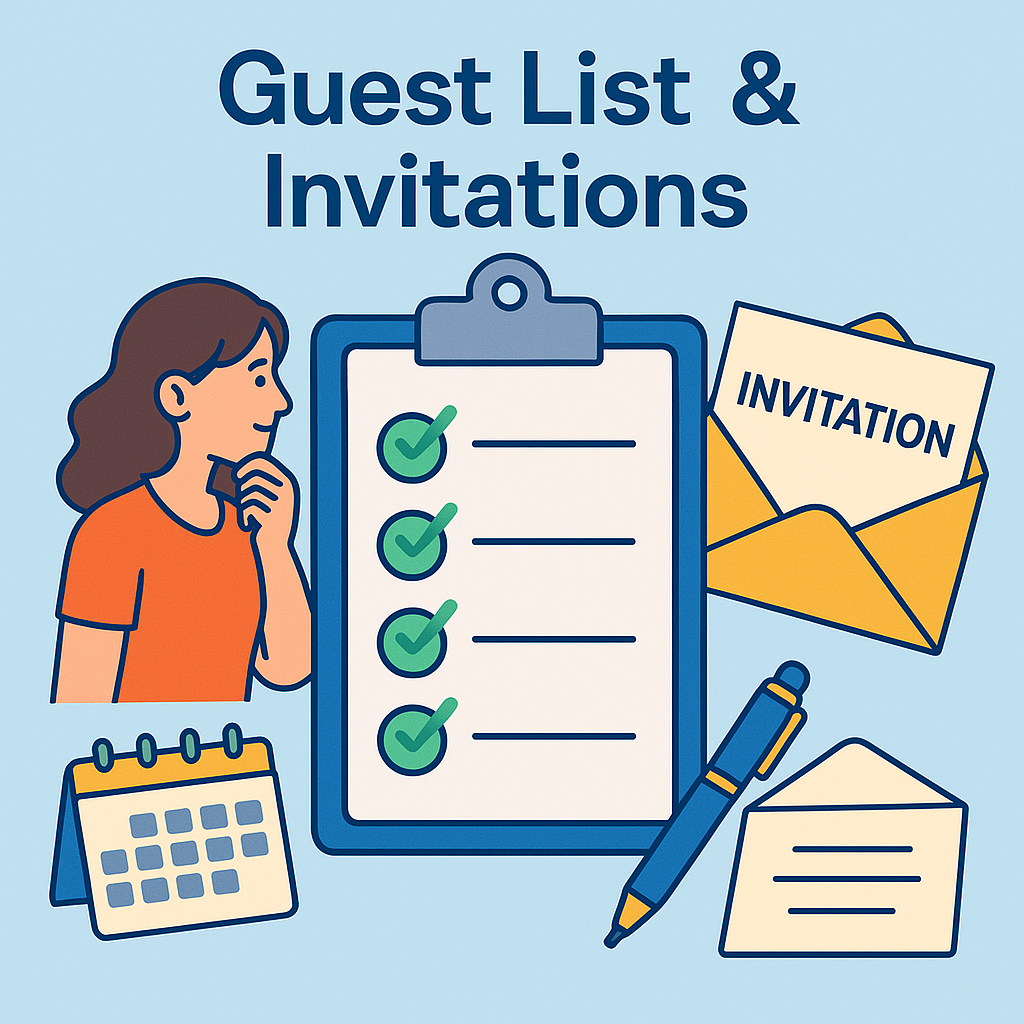
4. Guest List & Invitations
Create a guest list: Make sure you know how many people you’re inviting. The size of your guest list affects your venue choice, catering, and overall event logistics.

5. Vendor Coordination
Caterers: The food and drink are crucial. Make sure the menu aligns with the theme and dietary preferences of your guests.
Entertainment & Speakers: Depending on your event, hiring performers, bands, DJs, or speakers is a must to keep the energy high.
Photographers/Videographers: Capture the memories with professionals who can document the event.
Décor & Vision Creators: From centerpieces to lighting, the ambiance of your event depends on creative designers who can bring your vision to life.
AV & Technical Crew: If you're hosting a larger event, ensure the audiovisual equipment (microphones, projectors, etc.) are sorted in advance.

6. Theme & Design
Event theme: Establish a theme or color palette that ties together the venue, decor, and overall vibe.
Branding & Signage: For corporate events, ensure your branding is visible throughout the venue, from banners to printed materials. Consistency creates a professional impression.
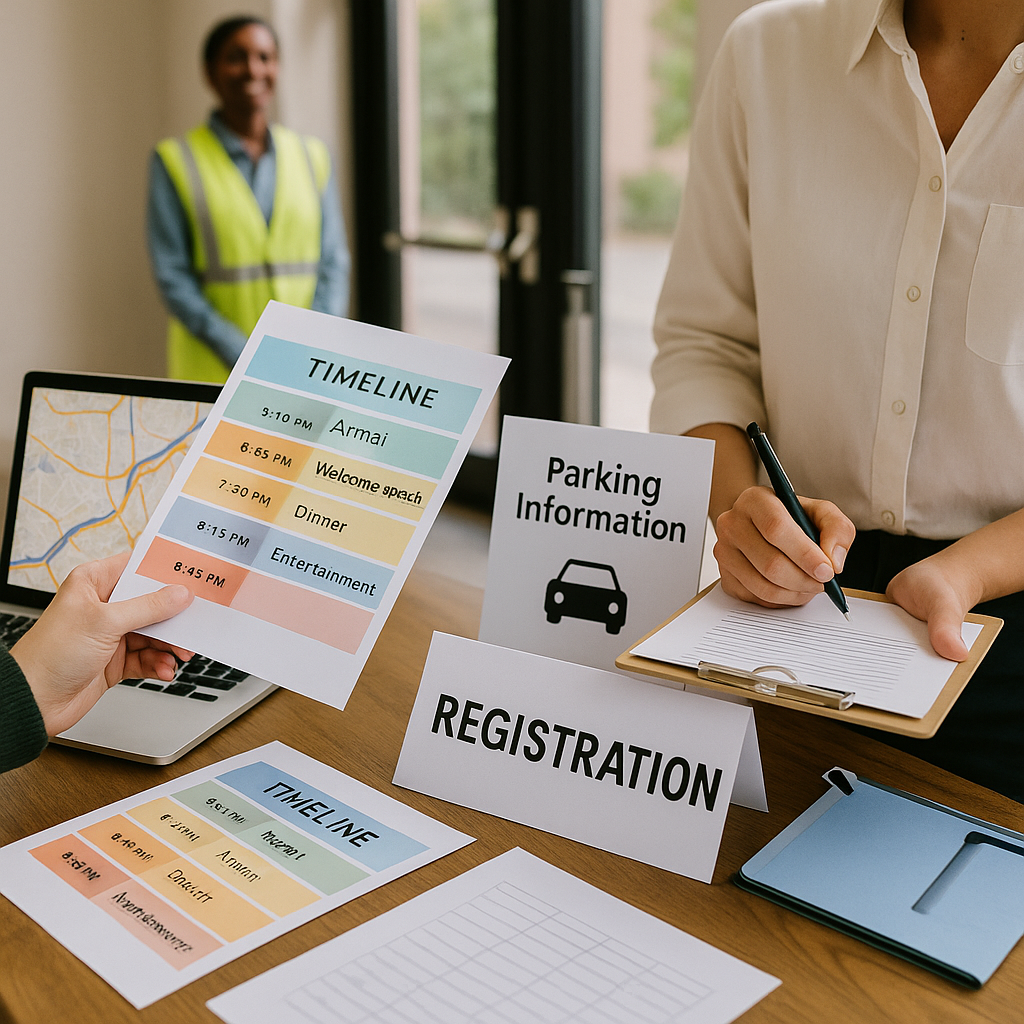
7. Logistics & Operations
Timeline: Create a detailed event schedule with start times, key moments (e.g., speeches, meals, entertainment), and breaks. A clear timeline keeps things running smoothly.
Transportation & Parking: Make sure guests have clear information about how to get to the venue and where to park.
Staffing: Ensure there’s enough staff to handle registration, direct guests, manage food service, etc.

8. Technology & Tools
Event Apps: If it’s a larger event, consider using an event app for easy guest communication, schedules, and live updates.
Social Media Integration: If relevant, set up event hashtags and encourage attendees to share their experiences on social media. You can even live-stream certain moments for wider engagement.

9. Communication & Promotion
Pre-event marketing: For larger events, promote your event to the right audience. Use email marketing, social media, and digital ads to get the word out.
Guest engagement: Encourage attendees to ask questions or engage with the event before the big day, especially for conferences or product launches.
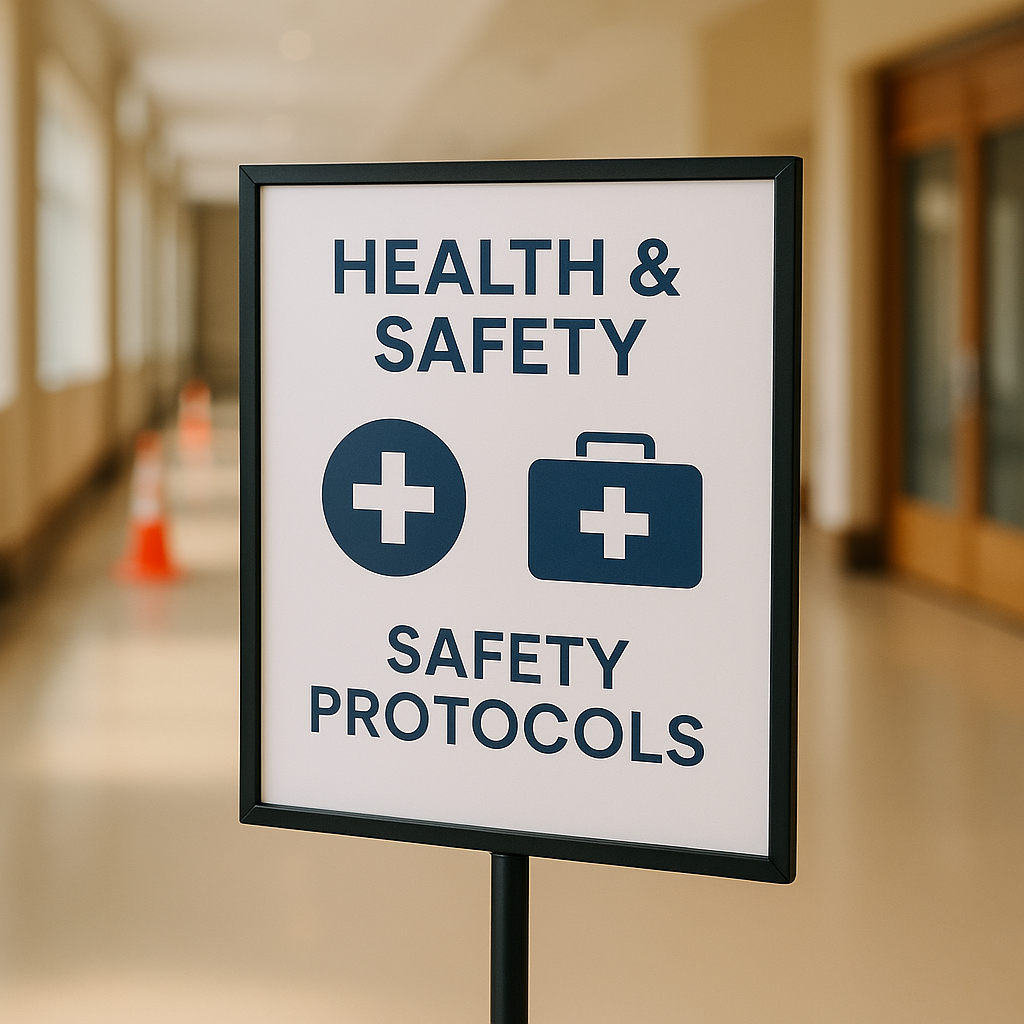
10. Health & Safety
Safety protocols: Ensure the venue complies with safety regulations, and have first aid staff on hand if necessary.

11. Guest Experience
Welcoming guests: First impressions matter! Have a friendly check-in process and offer assistance as soon as guests arrive.
Interactive Elements: Whether it’s a photo booth, games, or an activity station, interactive elements help guests connect and have fun.
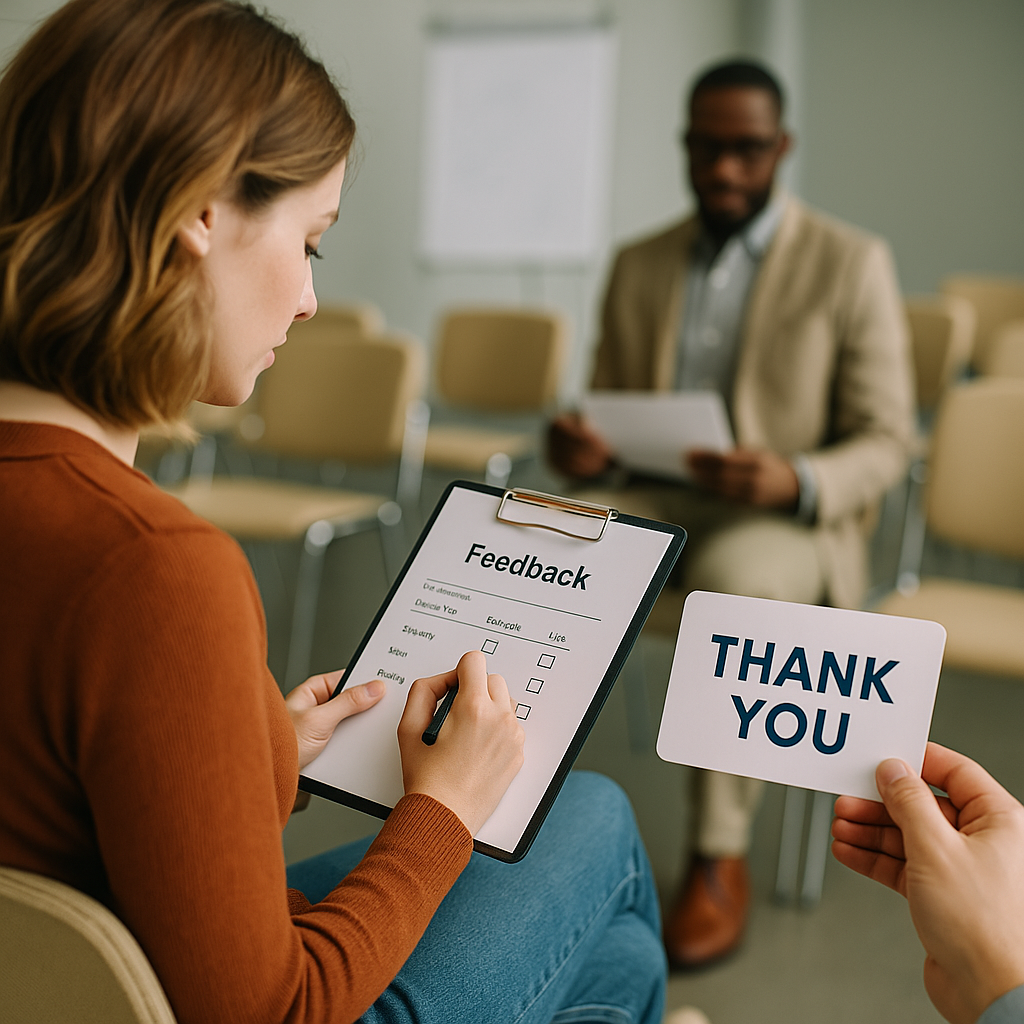
12. Feedback & Follow-Up
Post-event surveys: Send out surveys to your guests to get their feedback. This will help you know what worked and what can be improved for future events.
Thank You Notes: Sending thank-you notes or emails to guests and vendors shows appreciation and helps maintain relationships for future events.
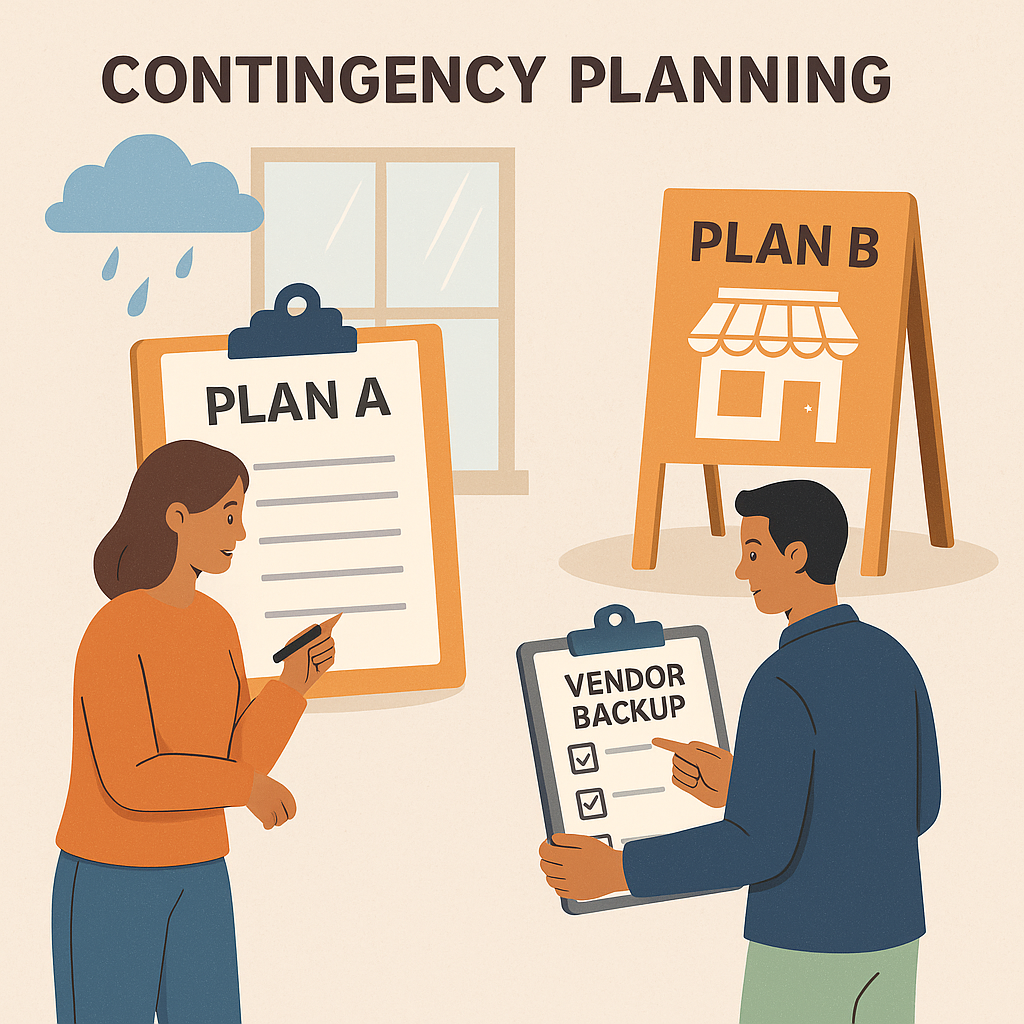
13. Contingency Planning
Have a backup plan: Especially for outdoor events, make sure there’s a backup option in case of bad weather or unforeseen challenges.
Vendor backup: Have alternate vendors lined up just in case a supplier can’t deliver.

14. Post-event Reflection & Reporting
Reviewing the event's success: After the event, analyze what went well, what didn’t, and what you could do differently. This helps improve future events.
Event reports: If the event was a corporate function, provide a detailed report that includes attendance, engagement levels, and financial outcomes.
